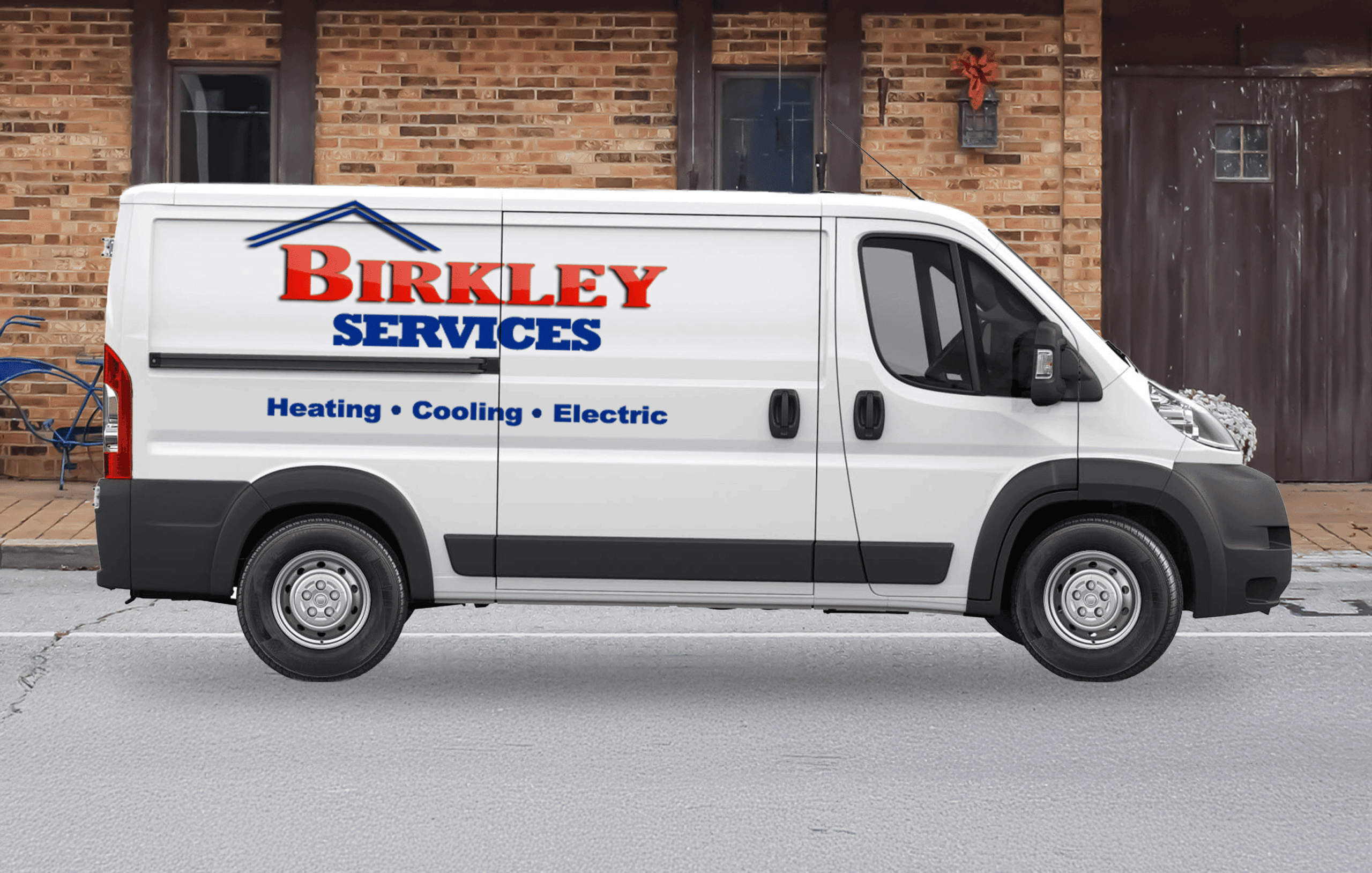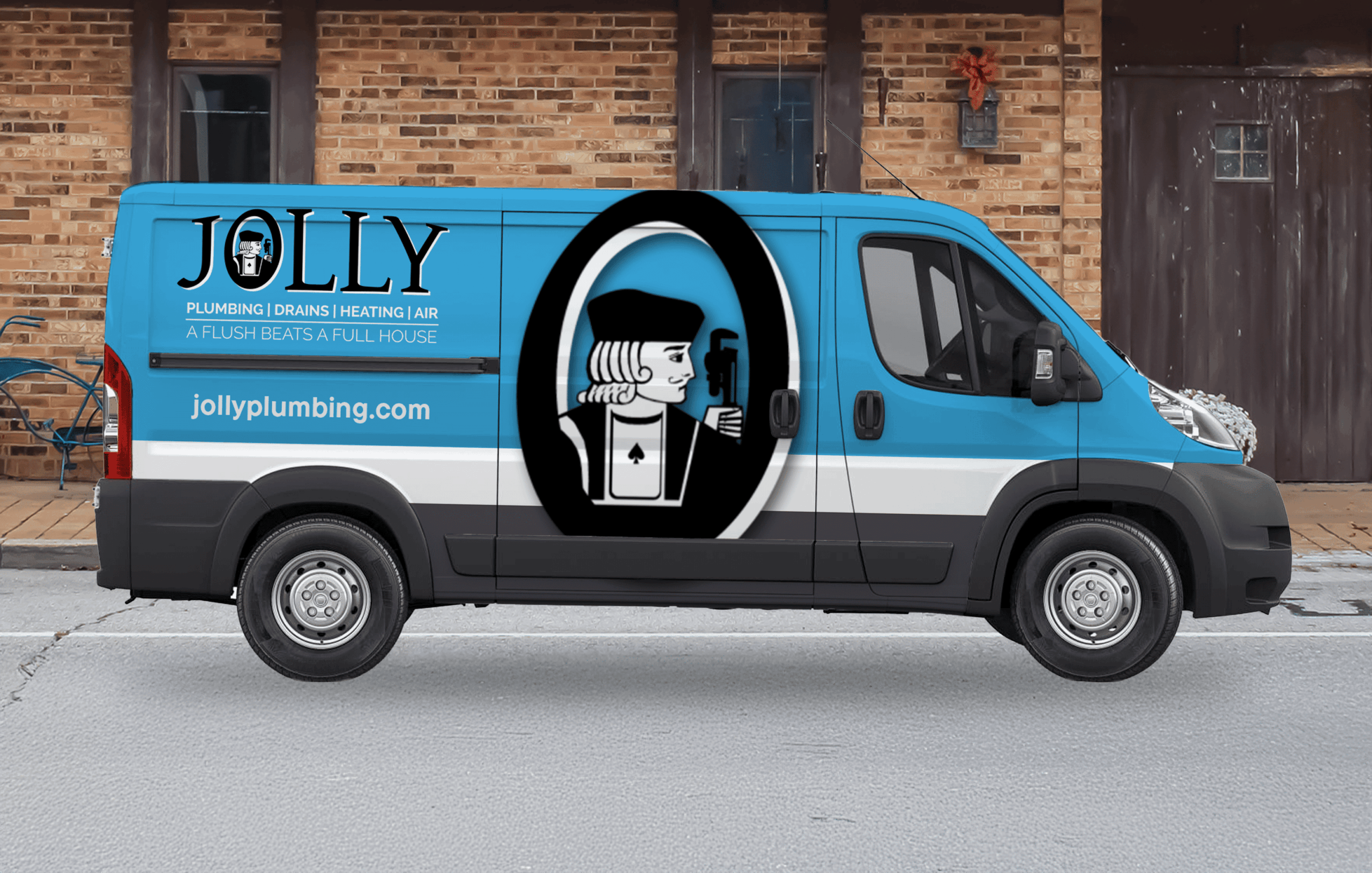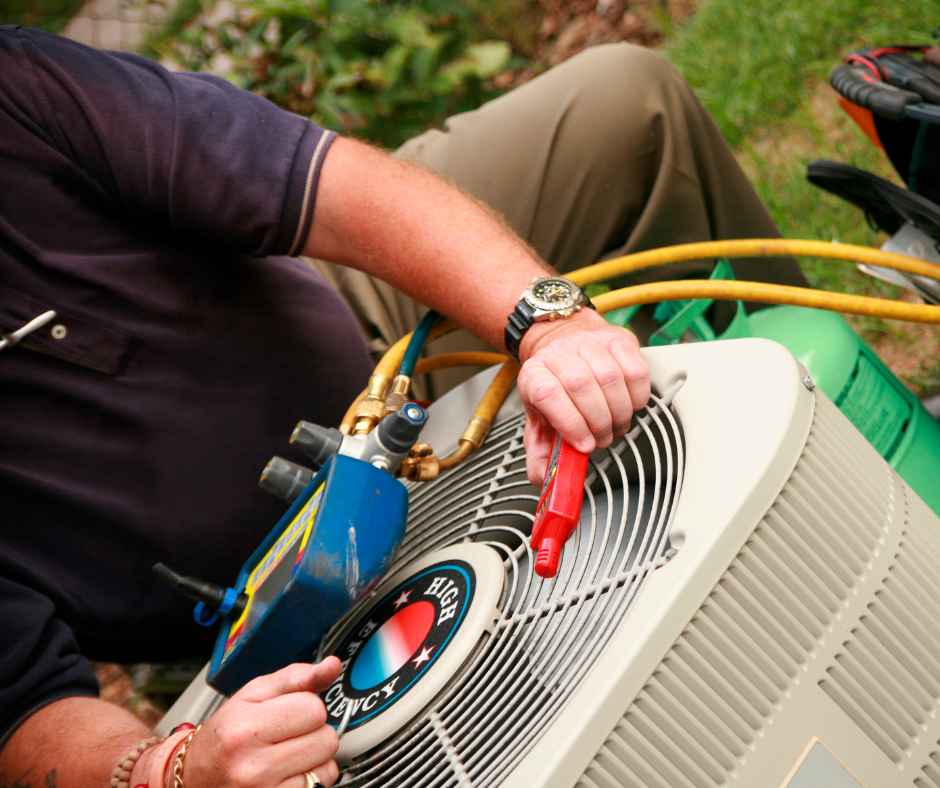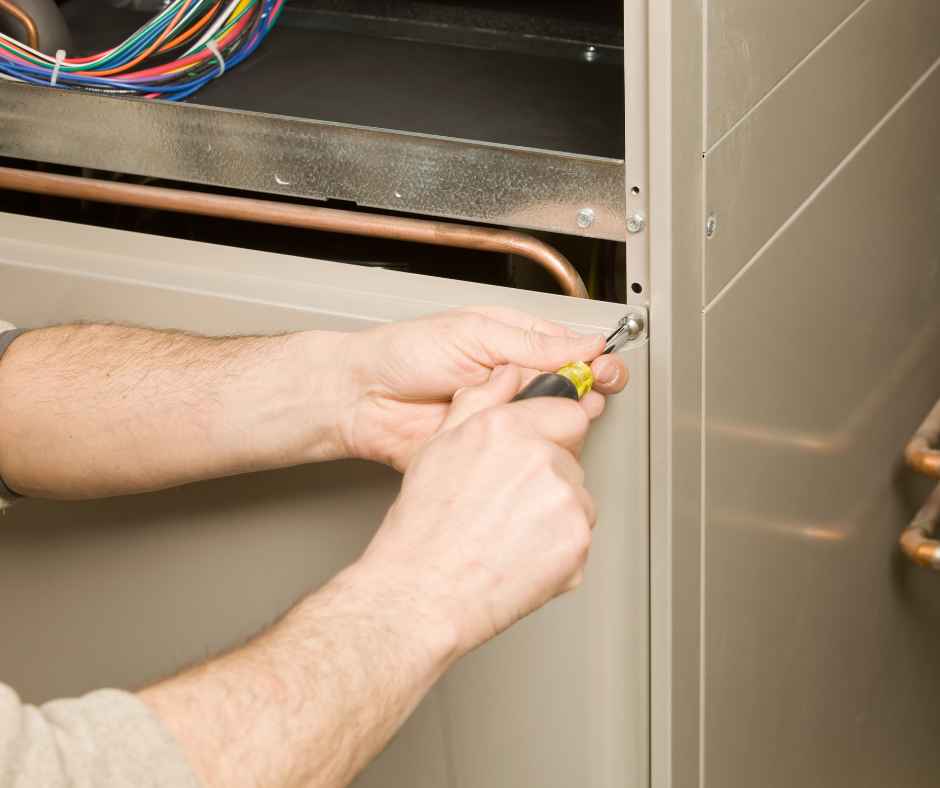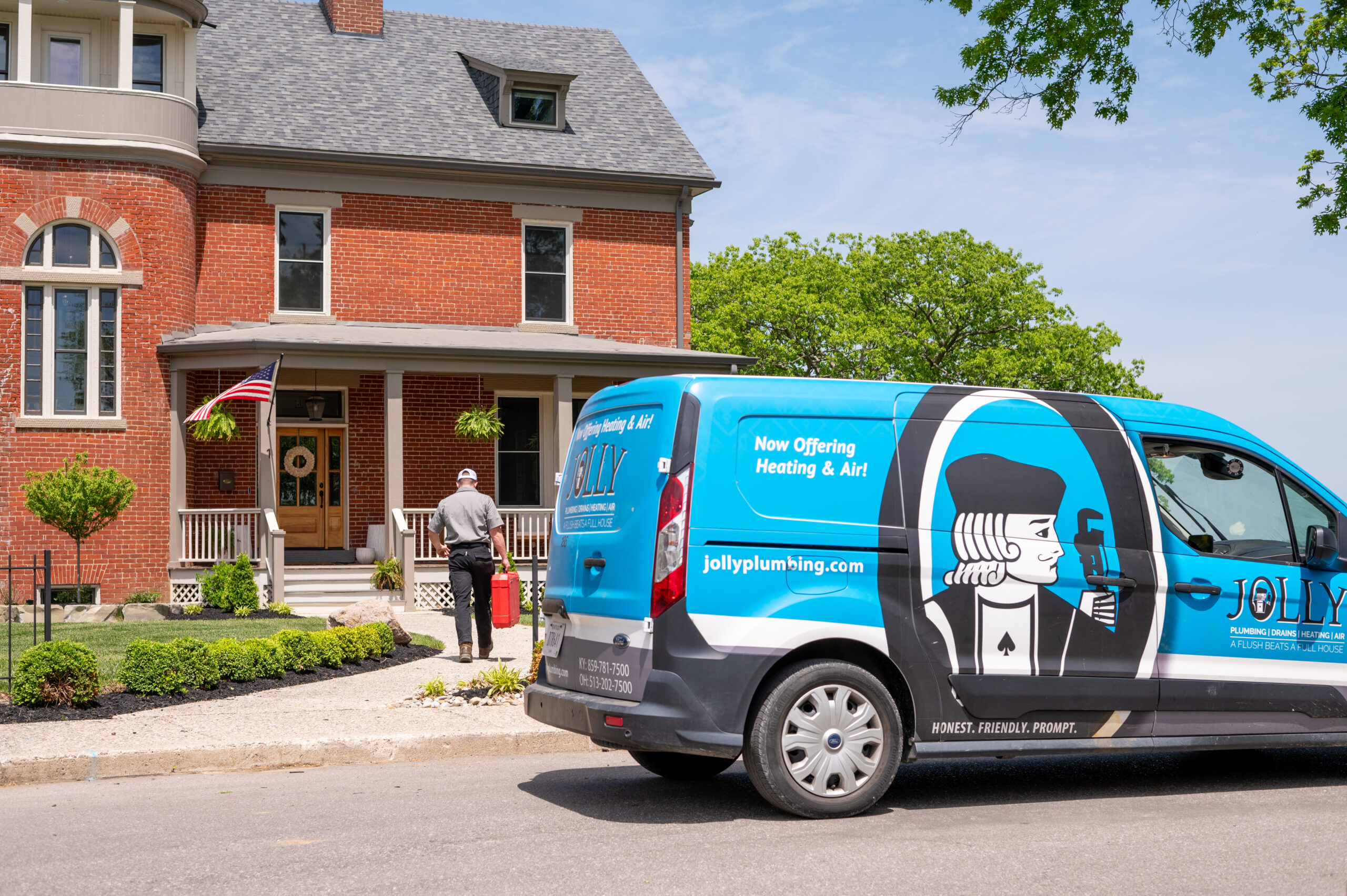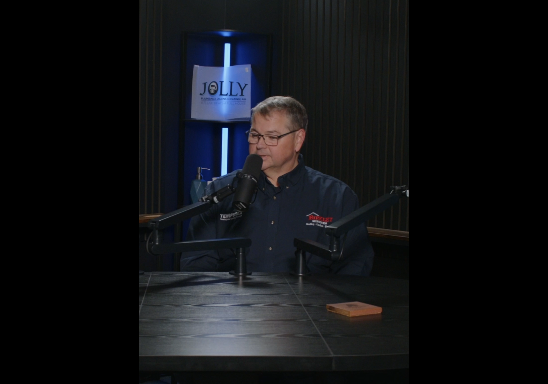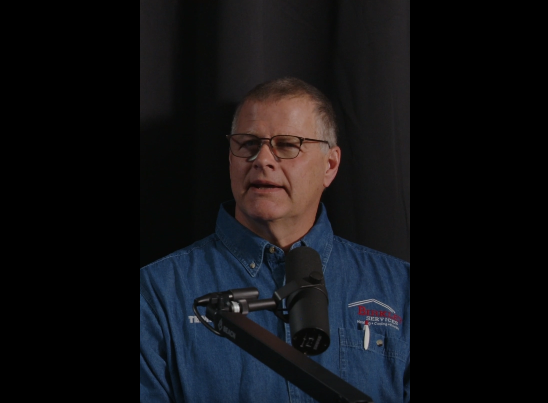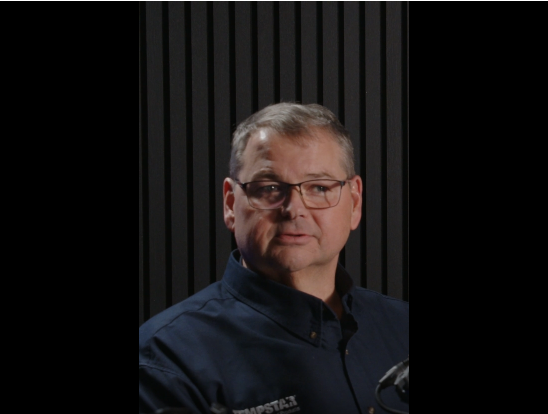As your trusted provider of HVAC services in the Greater Cincinnati and Northern Kentucky area, Jolly Plumbing, Drains, Heating, and Air is here to address the common issue of HVAC systems leaking water. We understand the frustration and concern that comes with a leaking HVAC system, and we’re here to help.
Leaks can occur due to various reasons, including clogged condensate lines, frozen coils, or faulty drain pans. It’s crucial to address these issues promptly to prevent further damage and maintain the comfort of your indoor space.
Our experienced team is equipped to diagnose the root cause of the leak and provide efficient solutions to rectify the problem. By addressing the issue promptly, you can maintain indoor quality and avoid potential consequences such as water damage to your property, compromised indoor air quality, or mold growth.
Signs and Causes of HVAC Water Leakage
At Jolly, we want to ensure that you are aware of the signs and causes of HVAC water leakage. By being informed, you can take action promptly and prevent further damage. Common signs of a leaking HVAC system include the presence of water puddles or dampness around the unit or nearby areas.
Additionally, you may notice unusual noises or a reduction in your system’s cooling or heating performance. Increased humidity levels or musty odors in the space can also indicate a potential water leakage issue.
There are several possible causes of HVAC water leakage that we should address. One common cause is a clogged condensate drain line, which can occur over time due to debris or buildup.
Another potential cause is a damaged or misaligned drain pan, which can lead to water overflow. Frozen evaporator coils can also contribute to water leakage as they thaw and produce excess moisture. Further, excessive humidity levels or improper system installation can create conditions that contribute to water leakage.
Steps To Deal With a Leaking HVAC System
When faced with a leaking HVAC system, here is a step-by-step guide to help you address the issue effectively:
- Start by shutting off both the HVAC system and the electricity connected to it. This precautionary measure ensures your safety during the troubleshooting process.
- Next, it’s important to check and clear the condensate drain line. If your drain pans aren’t the cause of the leak, focus on this part of the system. Look for a PVC pipe near the drain pan, often with a plastic cap on top. Clear any blockages or debris from the drain line to restore proper water drainage.
- Inspect and clean the drain pan. A damaged or dirty drain pan can contribute to water leakage. By examining the pan and ensuring it is free from any buildup, you can help prevent further water overflow.
- If you have a frozen evaporator coil, take the necessary steps to thaw it. Turn off the HVAC system and allow the coil to naturally defrost. Once the coil is completely thawed, the water leakage issue should subside.
- To control humidity levels and minimize condensation, consider checking and adjusting the humidity levels in your space. Removing moisture from its source, such as using an extractor fan in the bathroom, can help maintain balanced humidity levels and reduce the likelihood of water leakage.
- If you’ve followed these steps and the issue persists, it’s time to seek the expertise of a professional HVAC technician. Our team at Jolly Plumbing, Drains, Heating, and Air is just a call away. We have the knowledge and experience to diagnose and resolve complex HVAC issues.
Prevention and Maintenance Tips
At Jolly, we believe that prevention is key to avoiding HVAC water leakage issues. Here are some valuable tips to help minimize the risk and keep your system running smoothly:
- Regularly clean and maintain the condensate drain line. This proactive step helps prevent blockages and ensures that water can flow freely, reducing the likelihood of leakage. We recommend incorporating this task into your routine maintenance checklist.
- Schedule professional HVAC maintenance with our expert team. Regular inspections by our skilled technicians can help identify and address any potential issues before they escalate. Our comprehensive maintenance services are designed to keep your HVAC system in optimal condition, minimizing the risk of water leakage.
- Maintain proper humidity levels within your space. Excessive humidity can lead to condensation and potential water leakage. Utilize dehumidifiers or air purifiers to regulate humidity levels and create a comfortable environment for you and your HVAC system.
- Be vigilant and promptly address any signs of leakage or reduced system performance. If you notice water puddles, dampness, or unusual noises, don’t hesitate to contact us. Our team will swiftly diagnose the issue and provide effective solutions to prevent further damage.
By implementing these preventive measures and staying proactive, you can significantly reduce the risk of HVAC water leakage.
Superior Solutions for Leaking HVAC Systems
At Jolly, we understand the urgency of addressing HVAC water leakage to safeguard your property and maintain a comfortable indoor environment. Ignoring this issue can lead to more extensive damage and compromise the functionality of your HVAC system.
By promptly addressing water leakage, you can prevent costly repairs and potential disruptions to your daily life. Our team of experienced professionals is here to help. With our expertise and dedication, we will identify the root cause of the problem and provide effective solutions to resolve it.
Don’t hesitate to reach out to us for all your HVAC needs in the Greater Cincinnati and Northern Kentucky areas. Whether it’s a leaking HVAC system or any other HVAC-related concerns, we are your trusted partners in maintaining a safe and comfortable living or working space. Contact us today and let us provide you with the professional HVAC services and assistance you deserve
